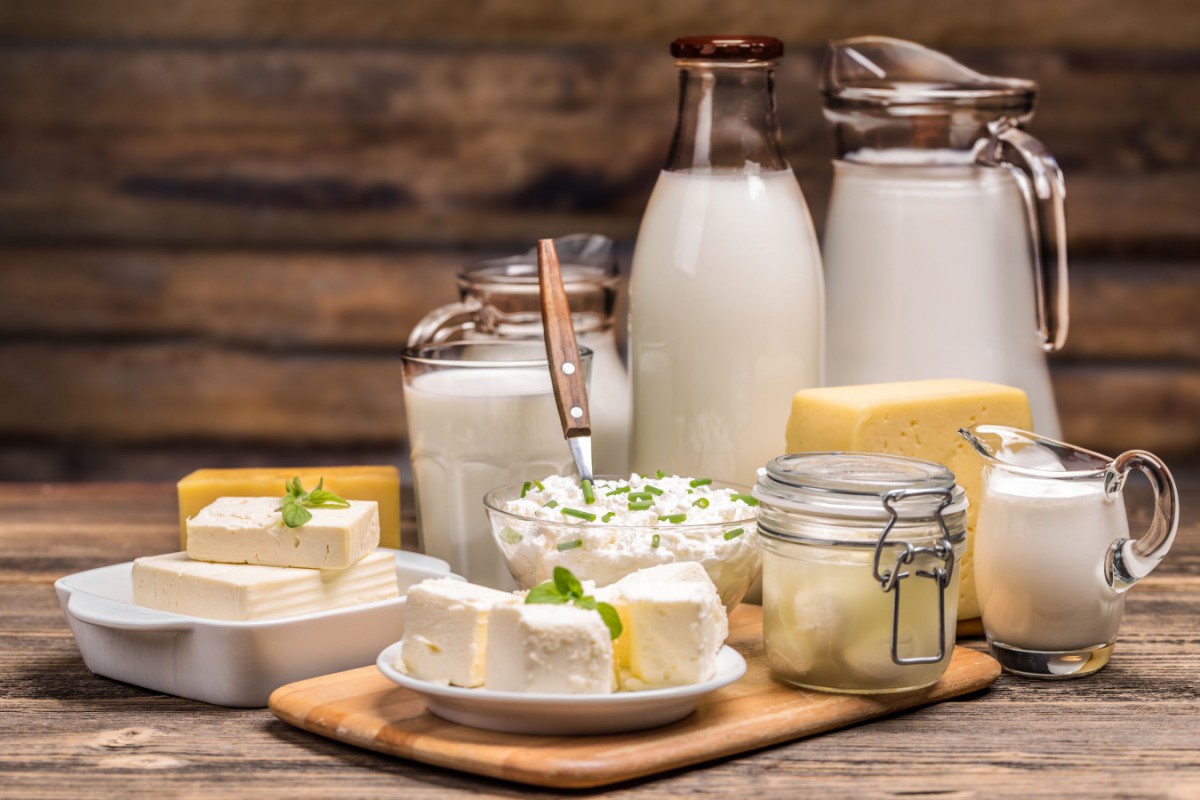Fermentation, a process steeped in both history and science, is a remarkable natural phenomenon that transforms simple ingredients into some of our most beloved foods like cheese, yogurt, and more. Beyond its culinary significance, fermentation is a fascinating biological process involving microorganisms like bacteria and yeast. Let’s dive into the science behind fermentation and explore how it creates such diverse and flavorful foods.
Understanding Fermentation
At its core, fermentation is the metabolic process where microorganisms convert carbs, like starches and sugars, into alcohol or acids. This process is anaerobic, meaning it occurs without oxygen. The type of microorganism involved, along with the conditions like temperature and pH, determine the end product of fermentation.
The Role of Microorganisms
Bacteria in Fermentation: Lactic acid bacteria play a crucial role in the fermentation of dairy products. In yogurt making, these bacteria convert lactose, the sugar in milk, into lactic acid. This acidification process thickens the milk and gives yogurt its distinctive tangy flavor.
Yeast in Fermentation: Yeasts, particularly Saccharomyces cerevisiae, are used in bread making and alcohol production. In bread, yeast ferments the sugars present in flour, producing carbon dioxide which causes the bread to rise. In alcohol, yeast converts sugars into ethanol and carbon dioxide, creating beer and wine.
Fermentation in Cheese Making
Cheese making is an art that harnesses the power of fermentation. Different bacteria and molds are used to create a vast array of cheeses. The bacteria ferment lactose into lactic acid, which not only affects the flavor and texture of the cheese but also acts as a preservative. The type of bacteria used, along with the aging process, contributes to each cheese’s unique characteristics.
Health Benefits of Fermented Foods
Fermented foods offer various health benefits, primarily due to the presence of probiotics – beneficial bacteria that promote gut health. These probiotics are known to aid digestion, boost the immune system, and even improve mental health. Fermented foods are also easier to digest and often have enhanced nutritional profiles compared to their unfermented counterparts.
The Cultural and Culinary Significance
Fermentation is not just a biological process; it’s a culinary tradition that varies from culture to culture. It has been used for centuries as a method to preserve food, enhance its flavors, and improve its nutritional value. Every region has its unique fermented foods, from Korean kimchi to German sauerkraut, reflecting the local tastes and available ingredients.
Conclusion
The science of fermentation is a beautiful blend of biology, chemistry, and culinary art. It demonstrates how microorganisms, often unseen to the naked eye, can have a profound impact on our food and health. Fermentation transforms simple ingredients into complex and delicious foods, showcasing nature’s ingenuity and the richness of cultural traditions. As we enjoy fermented foods like cheese, yogurt, or a loaf of sourdough bread, we partake in a process that is as ancient as civilization itself. 🧀🍞🍷🥬🍺🍶🌿🔬🌍


